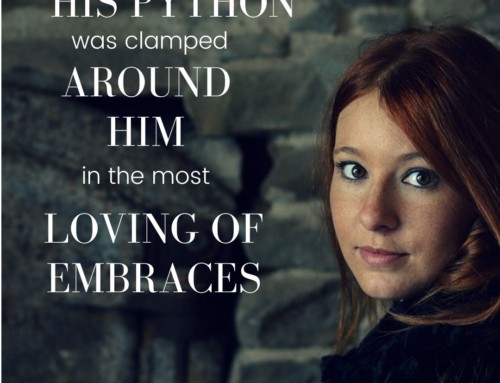What Wicked did for The Wizard of Oz, this week’s book does for the legend of King Arthur.
This week, I labored through Mary Stewart’s The Crystal Cave, in which young Myriddn Emrys, an illegitimate prince in dark-ages Wales, grows up to become the Merlin of the King Arthur tales.
Merlin spends his childhood in a world of shifting loyalties, where the fortunes of feudal kings are always in jeopardy, especially if those nasty Saxons come raiding. The little boy attracts the jealousies of another ambitious prince or two. Otherwise, all the grooms and cooks in the busy palace ignore him, leaving him free to wander the countryside. And out there in the hills, he meets a cave-dweller, a man much kinder than that jealous uncle back at the palace.
At the cave, Merlin discovers his prophetic gifts which, of course, soon become the countryside’s worst-kept secret. Merlin travels through life with the powerful begging him to predict how battles will go, that kind of thing.
If you read Crystal Cave, please drop me a note and tell me that you, too, went a little cross-eyed from the cast of characters. It will make me feel so much better. We’ve got Uther and Ulfin in the same scene. We’ve got King Vortigern whose kingdom ends up in the hands of his son, Vortimer. You’d think an author would name her characters more carefully, but it turns out that Stewart populated her story with real people.
Still, she cautions the reader not to assume that her story portrays how things really were. She admits she borrowed freely from Geoffrey of Monmouth’s History of the Kings of Britain.
“Geoffrey’s name is, to serious historians, mud,” says Stewart in her Author’s Note. “From his Oxford study in the twelfth century he produced a long, racy botch-potch of ‘history’ from the Trojan War . . . to the seventh century A.D., arranging his facts to suit his story, and when he got short on facts (which was on every page), inventing them out of the whole cloth. Historically speaking, the Historia Regium Brittaniae is appalling, but as a story it is tremendous stuff.”
Stewart’s story reminds me that Britain is more than just bonnet-wearing Jane Austen characters sipping tea, or unbathed Chaucer characters stopping at the inn after a day of walking towards Canterbury. In the days of The Crystal Cave, Britain was still littered with old Roman forts, Roman roads, even people with Roman names.
Stewart earns my utmost respect for her prolific writing career, her exhaustive research and her tale-telling prowess. Just imagine the decisions an author must make when she writes about a land alternately overrun by the Celts, the Saxons, the Romans, the Gauls and who knows who else. Every town, valley and river has at least three place names, thanks to all the invaders. For her readers who wish to follow the action on their maps, she makes some tough choices about which name to use.
So, tipping my hat to this name-brand author, I won’t be reading the remaining books in the series. I’m no fan of magical tales and I got all the King Arthur I ever needed by listening to my sister’s Camelot soundtrack.
As long as I’m reminding myself of the childhood I spent listening to sister’s records without her permission, I might as well acknowledge that it was a childhood filled with with Rice-a-Roni. This was one of Mom’s go-to side dishes for Sunday dinner. Once I demonstrated the least aptitude for cooking, she put me in charge of this grub. I took advantage of my new power by sneaking tastes right out of the skillet.
But let’s not make this a post about me sneaking around.
Let’s just say that, thanks to much practice in my budding years, I can whip up some even fancier Rice-a-Roni, such as this Tomato Basil & Broccoli Chicken.







Leave A Comment